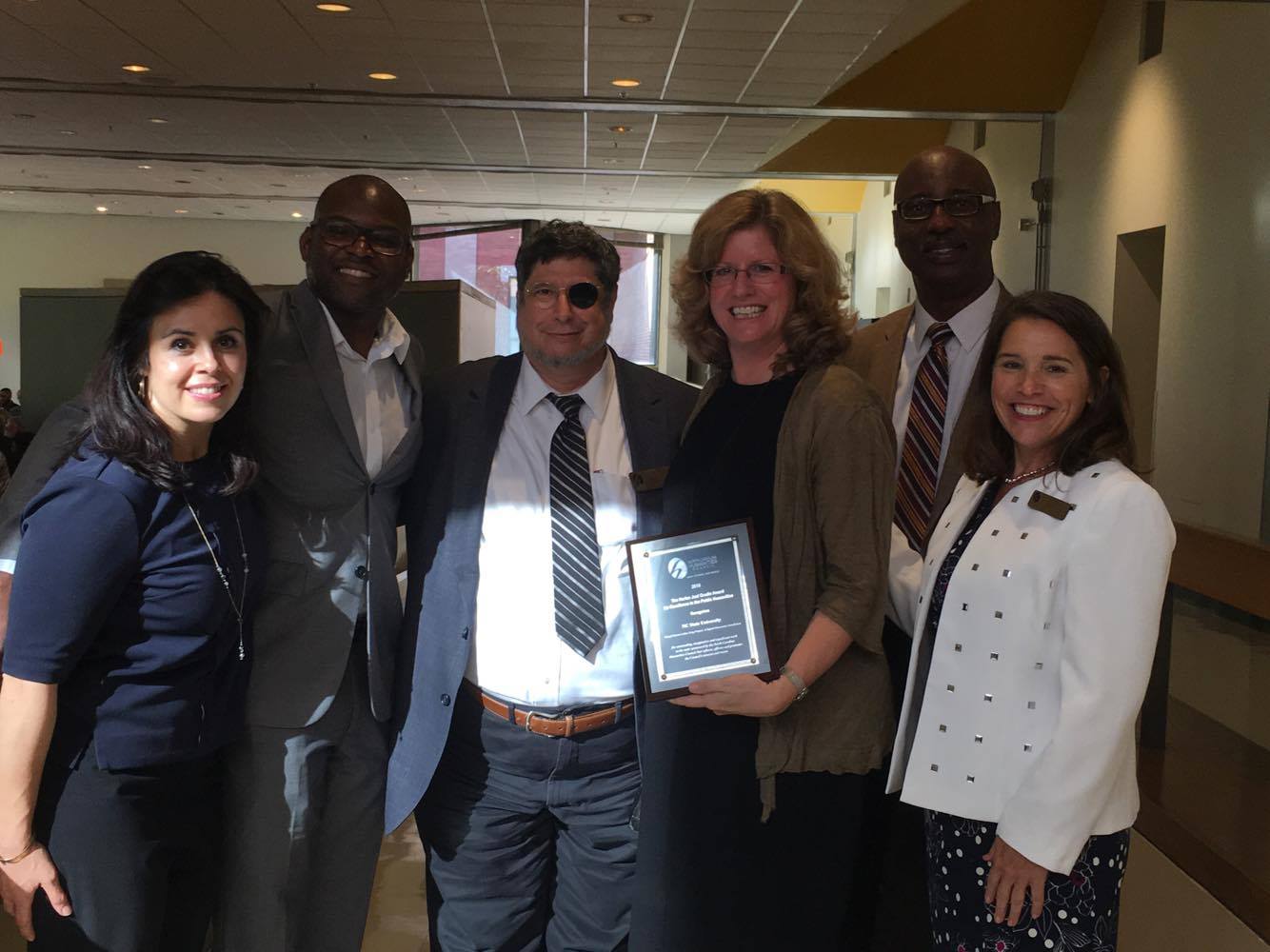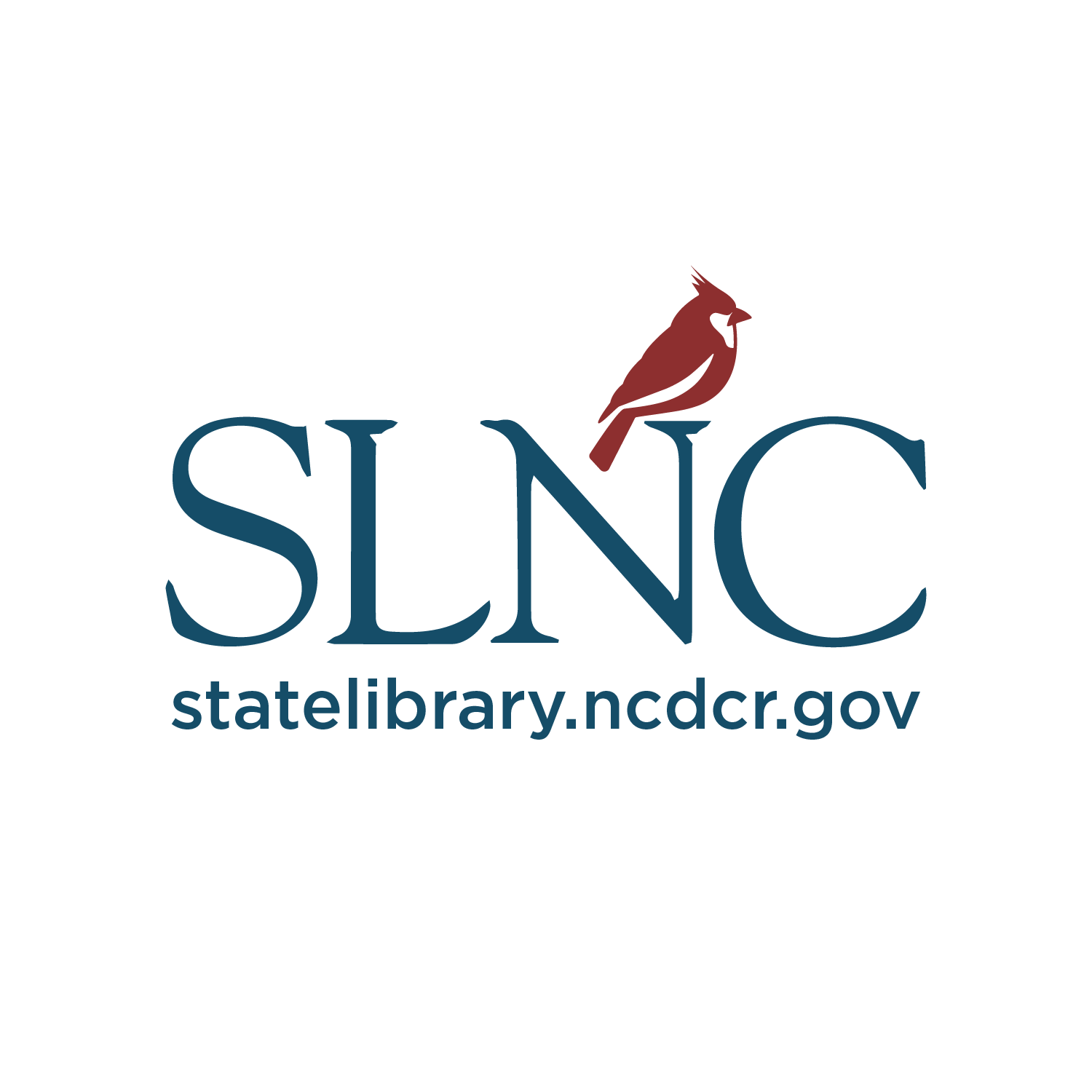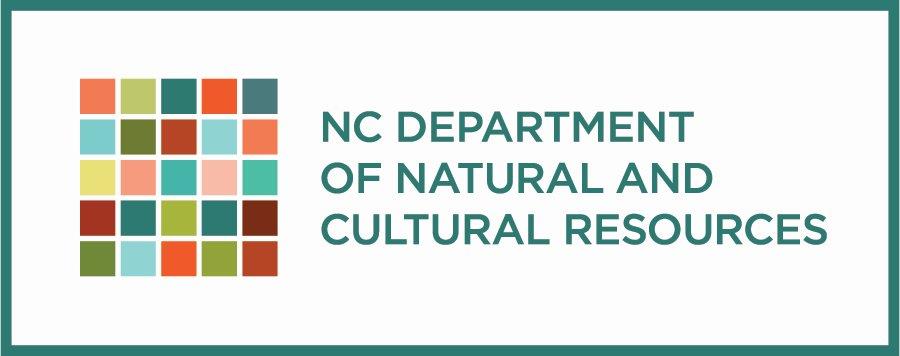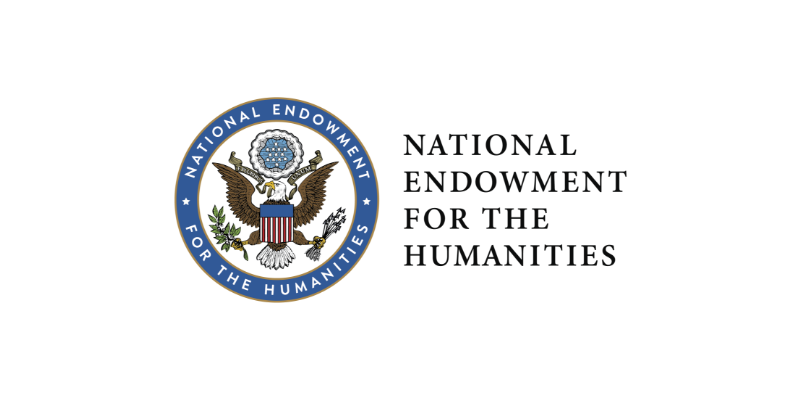Dr. Harlan Joel Gradin, North Carolina Humanities Scholar Emeritus, was a dedicated staff member at North Carolina Humanities for twenty years, from 1991 – 2011. Today, he remains passionate about listening to inspiring ideas, connecting people, and developing transformative community projects. North Carolina Humanities presented the Harlan Joel Gradin Award for Excellence in the Public Humanities from 2011 – 2020 in his honor to nonprofits and projects that embodied those values held by Dr. Gradin.
We invited Dr. Gradin to share his current view on the importance of stories and the humanities in 2024. His essay Stories as Our Connective Tissue takes inspiration from Dr. Gradin’s forthcoming book, Awakening Seeds of Fire: The Humanities, Story, and Community Development.
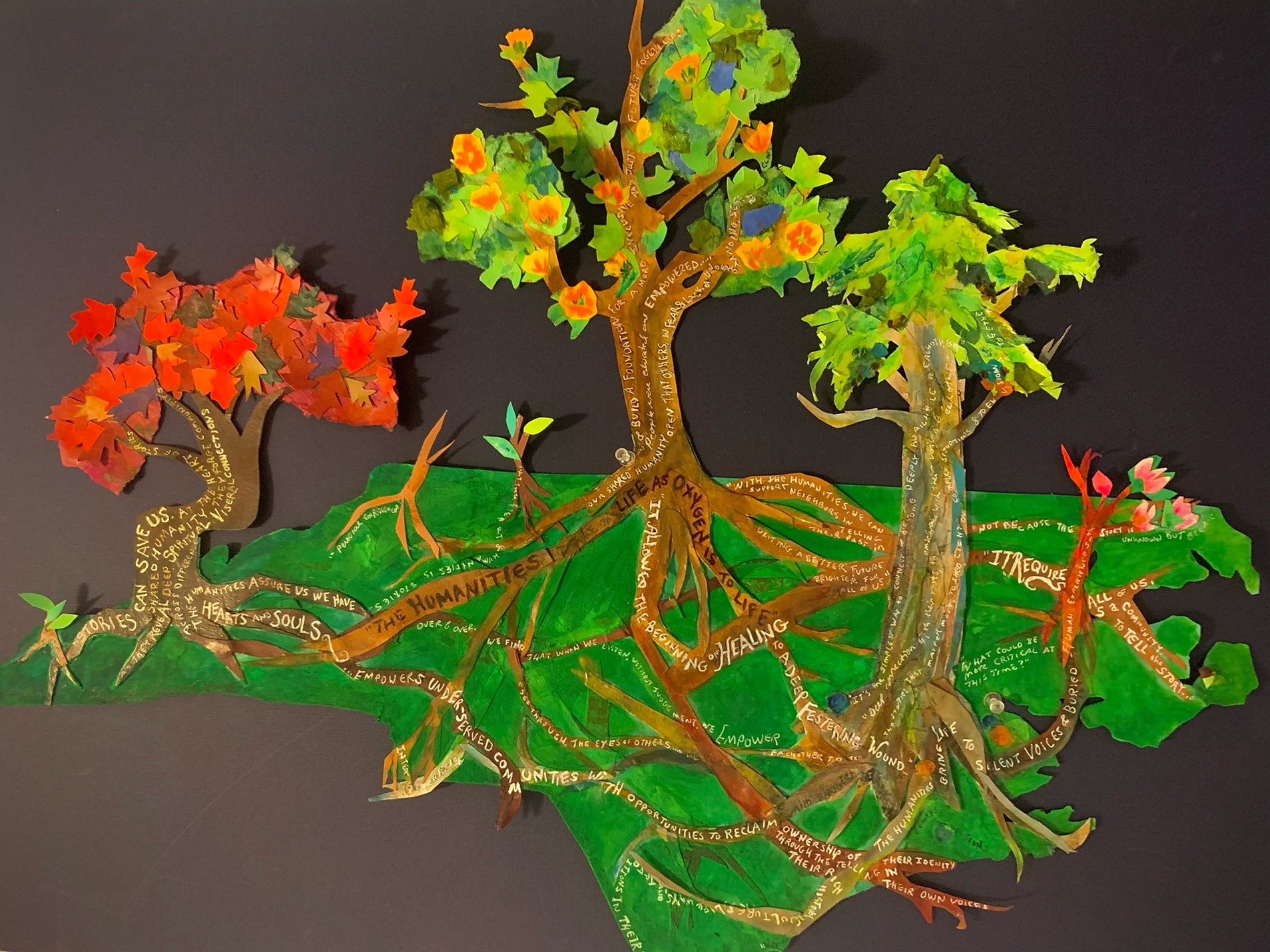
“Stories as Our Connective Tissue”
I believe that the arc of public humanities trajectory is this: vision—voice—idea—action.
Even though it is customary to think of the humanities as distinct disciplines, such as history, literature, and philosophy, I consider the humanities to be integrated and interpenetrating. This organic understanding is necessary to take in the world, digest it, and represent it.
The humanities already exist in every person’s life. It belongs to us and is of the public. We do not need to reach too far to claim it.
The public humanities do not exist in isolation from the grit and gristle of daily life in which we try to make a common world. The intent of the initial, urgent motivation for Thomas Jefferson’s informed citizen, was to ensure Americans—now all, not only some—could be agents who accepted responsibility for self-governance.
I was privileged to know the late Dr. Linda Flowers, the author of Throwed Away: Failures of Progress in Eastern North Carolina, and a board trustee of North Carolina Humanities from 1992-1998. She wrote something that has always stuck with me: “[Throwed Away is about] the human dimension: the focus on real men and women having to make their way in the face of a changing, onrushing, and typically uncaring world … the humanities apprehension, I tell my students, is as necessary for living fully as anything else they may ever hope to have.”
“People must see themselves participating in democratic forms,” says historian Lawrence Goodwyn in his landmark work, Democratic Promise: The Populist Moment in America (1976). This is not just in their personal lives, but in the larger public existence of communities. This means people seeing themselves as actors who make their own history.
Public humanities emerge from the tension of the intersection of traditional academic disciplines and local knowledge rooted in community research and expertise, cultural lifeways, and the specificities of time and place. This partnership of analytical vantage-points drawing on peoples’ actual life experiences adds context, depth and richness, enabling historical self-understanding. Personal and shared stories—the language of public humanities—capture that grit and gristle, which is the subject of all humanities.
My friend, Esther Mackintosh, President Emerita of the Federation of State Humanities Councils, says that “the heart of the humanities is stories. Stories are our connective tissue, our best hope for finding ways to live together constructively.” Stories show some of the larger connections that undergird people’s identity, aspirations, and fears. “They forge communities … reveal …connections across difference allowing us to enter into the lives of others,” explains poet Joseph Bathanti. It is through stories that diverse peoples have the chance to find others who look like them.
For people to see themselves as agents of their own history, we need opportunities to practice and master the skills of being public humanities scholars, researchers, and community program leaders. Public humanities programs, like those funded by North Carolina Humanities, through which citizens can gain historical self-understanding, are awakening seeds of fire already in us. They can grow active participants claiming their rightful stake in history making. Only then can the rich diversity of all Americans learn to abide the contest, conflict, and contradiction inherent in the larger story of our nation.
– Harlan Joel Gradin, PhD
